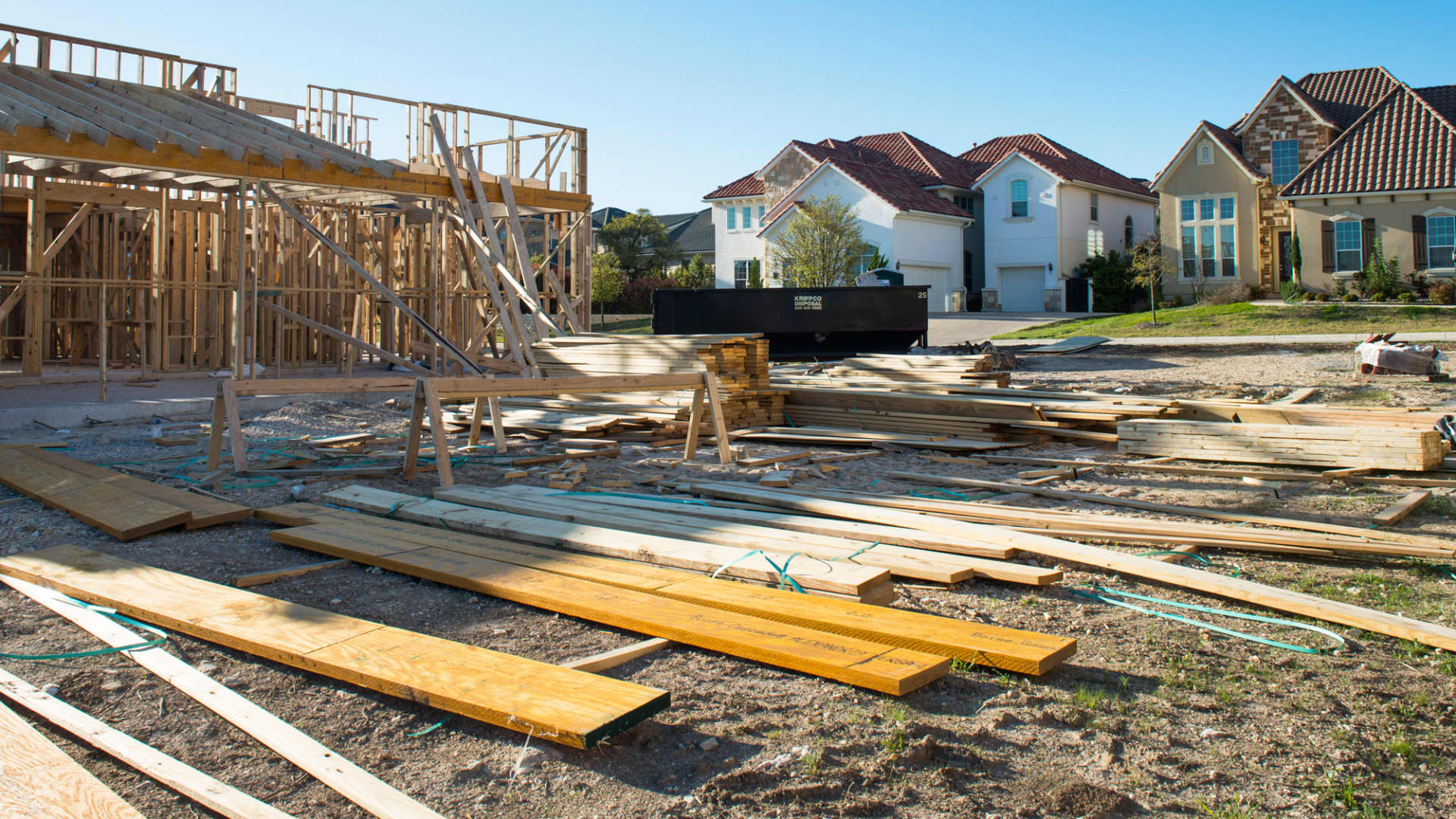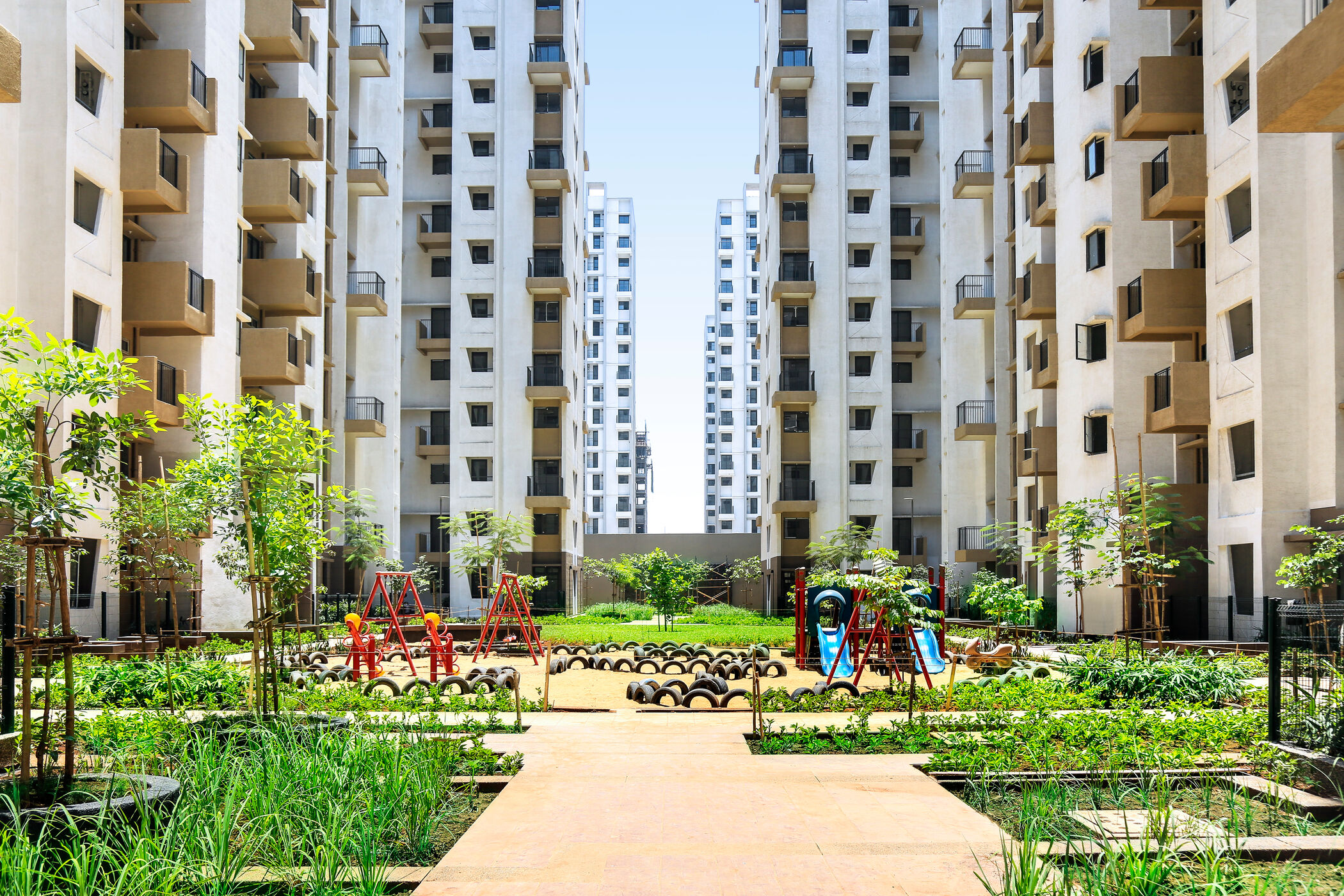The world as we knew it has changed drastically since the COVID-19 pandemic hit us. With most of us confined to our homes, businesses shut down and the economy taking a big hit; the real estate industry was not left untouched. As we look ahead to what’s next in this post-pandemic world, it’s important for real estate professionals and investors alike to understand how the landscape has shifted and what opportunities may arise. In this blog post, we’ll explore the future of real estate in a post-pandemic world and discuss everything you need to know to stay ahead of the game. So buckle up, because things are about to get interesting!
What has changed in the real estate market since the pandemic?
It’s no secret that the pandemic has had a profound impact on the economy and the real estate market is no exception. The good news is that the market has started to rebound in recent months and there are signs that it will continue to improve in the coming year. Here’s a look at some of the most significant changes that have occurred in the real estate market since the pandemic began:
1. Low mortgage rates: One of the most positive changes for buyers has been the decrease in mortgage rates. Average rates are now below 3% for 30-year fixed-rate loans, which is an incredible deal for borrowers. This has helped to spur demand, especially from first-time buyers who are looking to take advantage of low rates.
2. More flexible lenders: Lenders have become more flexible in their underwriting standards since the pandemic began. This means that it’s easier to qualify for a loan and get approved for financing. This is good news for buyers who may have been previously shut out of the market due to stricter lending requirements.
3. Increased demand for suburban homes: The pandemic has caused many people to reassess their priorities when it comes to where they want to live. Many city dwellers have decided that they want more space and a quieter lifestyle, which has led to increased demand for suburban homes. This trend is expected to continue in 2021 as more people look to escape crowded urban areas.
4. Reduced inventory: One of
What is the future of real estate in a post-pandemic world?
As we begin to emerge from the COVID-19 pandemic, it’s natural to wonder what the future of real estate will look like. Will there be a return to “normal” or will the pandemic have lasting effects on the way we buy, sell, and invest in property?
There’s no crystal ball that can tell us definitively what the future holds, but there are some experts who have shared their predictions for the post-pandemic world of real estate. Here’s what you need to know:
1. There will be more demand for suburban and rural properties.
As people reassess their needs in a post-pandemic world, many are deciding that they want more space – both inside and outside their homes. This has led to increased interest in suburban and rural properties, as well as homes with larger yards and easy access to nature.
2. The work-from-home trend is here to stay.
The COVID-19 pandemic has forced many people to work from home, and it seems likely that this trend will continue even after the pandemic ends. This could mean fewer people moving into cities for work and more demand for suburban and rural properties that offer ample space for a home office.
3. Flexible spaces will be in high demand.
With more people working from home, there will be a need for flexible spaces that can serve multiple purposes – like a home office that can also
How can you prepare for the changing real estate market?
As the world continues to grapple with the ongoing pandemic, many industries are facing significant challenges. The real estate market is no exception, with uncertainty around the future of both commercial and residential property.
However, there are steps that you can take to prepare for the changing real estate market. If you’re considering buying or selling a property in the near future, it’s important to be aware of the potential risks and challenges that may arise.
Here are some tips to help you navigate the changing real estate market:
1. Do your research: Keep up-to-date on trends in the real estate market, both in your local area and nationally. This will help you identify any potential red flags that could impact your decision to buy or sell a property.
2. Be flexible: With so much uncertainty in the market, it’s important to be flexible with your plans. If you’re considering buying a property, be prepared to move quickly if an attractive listing comes up. Similarly, if you’re selling a property, be willing to negotiate on price and terms.
3. Work with a professional: Buying or selling a property is a complex process, even in normal circumstances. Working with a experienced real estate agent can help you navigate the challenges of the current market and make sure that you get the best possible deal on a property.
What are some trends to watch out for in the post-pandemic real estate market?
It’s no secret that the COVID-19 pandemic has had a profound impact on the real estate market. As we begin to emerge from the pandemic, there are certain trends that are starting to emerge that will likely have a lasting impact on the market. Here are some of the most notable trends to watch out for in the post-pandemic real estate market:
1. Increased demand for suburban and rural properties: The pandemic has caused many people to reevaluate their living situations and many are now seeking out more space in suburban and rural areas. This increased demand is likely to drive up prices in these areas.
2. More flexible work arrangements: With more businesses offering remote work options, there is likely to be an increased demand for properties with flexible work arrangements. This could include things like home offices, co-working spaces, and multi-use properties.
3. A shift towards smaller homes: Many people are now downsizing their homes as they reassess their needs post-pandemic. This trend is likely to result in an increase in demand for smaller homes, apartments, and condos.
4. More interest in sustainable and energy-efficient homes: The pandemic has caused many people to reassess their lifestyle choices and there is now a greater interest in sustainable and energy-efficient homes. This trend is likely to result in an increase in demand for green buildings and solar panel installations.
Conclusion
In conclusion, the real estate industry has already started to feel and adapt to the changes that have come with a post-pandemic world. From new technology to more flexible work arrangements, it is clear that real estate is here for the long term. As we all adjust to this unique time in history, take advantage of the opportunities available in real estate investment and make sure you stay ahead of trends so you can continue to succeed in this ever-changing market.










